_1200_700_80_s_c1.jpg)
337 people have watched this webinar. Of those, 93 have contributed $1,329 so far. Our goal is $5,000.
Watch this two-part webinar series, produced in a partnership between Next City and The High Line Network, as we examine the past, present, and future of public monuments.
January 27, 2021
Join Next City for the first of two virtual conversations in our series, “The Future of Monumentality,” as we examine the past, present, and future of public monuments from the unique intersection of art, design, and urbanism. The speaker series, moderated by New York Times critic Salamishah Tillet, is co-presented in partnership with the High Line.
In 2020 communities around the world protested the institutional racism of police violence toward Black, Latinx, and Indigenous people—the same people who have experienced disproportionately devastating health effects and economic hardship during the COVID-19 pandemic. Among the most powerful symbols engaged by these protests has been the removal and defacing of monuments, as well as their use as focal points and backdrops for rallies, speeches, performances, and collections of protest signs. And as the disturbing insurrection in Washington, D.C., has shown, white supremacists continue to wield and deface monuments as violent expressions of power and threat.
The Future of Monumentality examined the civic, aesthetic, and historical contexts these influential objects inhabit.
Our first panel, “What is Monumentality?”, examines monumentality itself through the lens of art, architecture and public space. What does it mean to memorialize an event? A person? A movement? What is the relationship between the monument, the narrative it projects, and its audience? Who gets to tell the story? How are monuments wielded by a dominant culture to control and/or subjugate; and conversely, how are these forms leveraged to reclaim lost cultural history?
Moderator
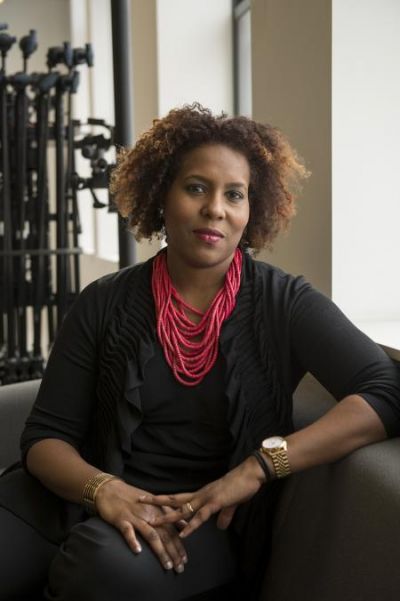
Salamishah Tillet
Named by Gloria Steinem as one the best contemporary feminist writers, Salamishah Tillet is a contributing critic at large for The New York Times and the Henry Rutgers Professor of Creative Writing and African American and African Studies at Rutgers University - Newark. She is also the founder of New Arts Justice, an initiative for feminist approaches to socially engaged art at Express Newark and in 2003, with her sister, Scheherazade Tillet, she founded A Long Walk Home, an art organization that empowers young people to end violence against girls and women.
She is the author of In Search of the Color Purple: The Story of an American Masterpiece (Abrams, 2021), and Sites of Slavery: Citizenship and Racial Democracy in the Post-Civil Rights Imagination (Duke University Press, 2012). In 2020, she was awarded the Whiting Foundation Creative Nonfiction Grant for her book-in-progress, “All the Rage: Mississippi Goddam and the World Nina Simone Made.”
Speakers
Paul Ramirez Jonas
Since the 1990s, Paul Ramírez Jonas has sought to challenge the relationship between artist, viewer, and artwork. Many of his projects invite viewer participation; in his most recent large public work, Public Trust asked participants to examine the value of their word, each individual declared a promise recorded in a drawing consistent with their beliefs. Whimsical and sincere, he thinks of his works as monuments rather than as sculptures — as situations that address a public, often without an author, and communicate collective ideals, histories, and dreams rather than the individual expression of the artist.
His selected solo exhibitions include a 25 year survey at the Contemporary Art Museum Houston in 2017; Museo Jumex, Mexico City; The New Museum, NYC; Pinacoteca do Estado, São Paulo, Brazil; The Aldrich Contemporary Art Museum, Ridgefield, Connecticut; The Jack S. Blanton Museum of Art, Austin, Texas; a survey at Ikon Gallery (UK) and Cornerhouse (UK). He has participated in the 1st Johannesburg Biennale; the 1st Seoul Biennial; the 6th Shanghai Biennial; the 28th Sao Paulo Biennial; the 53rd Venice Biennial and the 7th and 10th Bienal do Mercosul , Porto Alegre, Brazil. In 2010 his Key to the City project was presented by Creative Time in cooperation with the City of New York. In 2016 his Public Trust project was presented by Now & There in Boston. He is currently a Professor at Hunter College, CUNY and is represented by the Galeria Nara Roesler in São Paulo, Rio de Janeiro and New York.
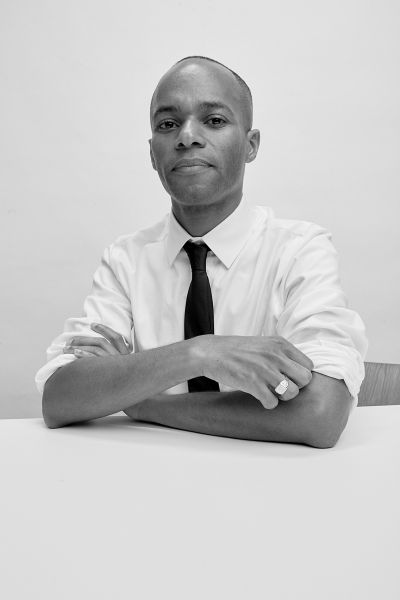
Justin Garrett Moore
Program Officer, Humanities in Place
The Andrew W. Mellon Foundation
Justin Garrett Moore is a transdisciplinary designer and urbanist and is the program officer for the Humanities in Place program at the Andrew W. Mellon Foundation. He has extensive planning and design experience—from regional and urban systems, policies, and projects to grassroots and community-focused planning, design, public realm, and arts initiatives. At the Mellon Foundation, his work focuses on advancing equity, inclusion, and social justice through place-based initiatives, built environments, cultural heritage projects, digital and ephemeral programs, and commemorative spaces and landscapes.
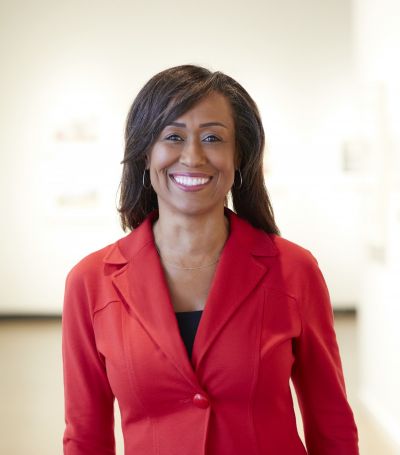
Zena Howard
Principal and Managing Director, North Carolina Practice
Perkins&Will
Zena Howard is a Principal and Managing Director of the North Carolina practice of global architecture and design firm Perkins&Will. Zena is known for her success leading visionary, complex, and culturally-significant projects including the Smithsonian Institution’s National Museum of African American History and Culture in Washington, DC and the Motown Museum Expansion in Detroit, MI. Her current projects include LA’s Destination Crenshaw, the City of Vancouver Hogan’s Alley initiative, and the City of Greenville Town Common Sycamore Hill Gateway project. Zena is helping these and other clients envision and create cultural destinations that will celebrate the history and context of displaced, forgotten communities.
SUPPORT
Next City's coverage is generously underwritten by the Kresge Foundation.
High Line programming is made possible by a generous community of supporters. The High Line Network is made possible by the founding support of The JPB Foundation. Other major support is provided by the John S. and James L. Knight Foundation. Major support for High Line Art is provided by The Brown Foundation, Inc. of Houston.
Lead support for High Line Art comes from Amanda and Don Mullen. Major support is provided by Shelley Fox Aarons and Philip E. Aarons, and Charina Endowment Fund. Additional support provided by The Andy Warhol Foundation for the Visual Arts and The Scintilla Foundation. High Line Art is supported, in part, with public funds from the New York State Council on the Arts with the support of Governor Andrew Cuomo and the New York State Legislature, and from the New York City Department of Cultural Affairs, in partnership with the New York City Council, under the leadership of NYC Council Speaker Corey Johnson.
Major support for the High Line Plinth comes from the High Line Plinth Committee, a group of contemporary art leaders committed to realizing major commissions and engaging in the public success of the Plinth.
Support for the High Line Plinth is provided by Shelley Fox Aarons and Philip E. Aarons, Jennifer and Jonathan Allan Soros, Elizabeth Belfer, Suzanne Deal Booth, Fairfax Dorn, Steve Ells, Kerianne Flynn, Andy and Christine Hall, Hermine Riegerl Heller and David B. Heller, J. Tomilson and Janine Hill, The Holly Peterson Foundation, Annie Hubbard, Miyoung Lee and Neil Simpkins, Dorothy Lichtenstein, Amanda and Don Mullen, Douglas Oliver and Sherry Brous, Mario Palumbo and Stefan Gargiulo, Susan and Stephen Scherr, Susan and David Viniar, and Anonymous.
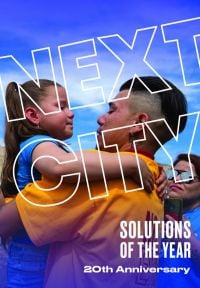
20th Anniversary Solutions of the Year magazine
_400_400_s_c1.png)
June 22, 2022
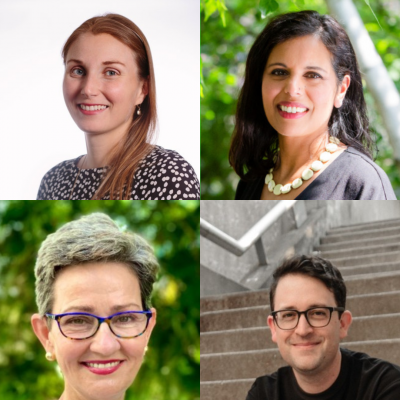
April 27, 2022
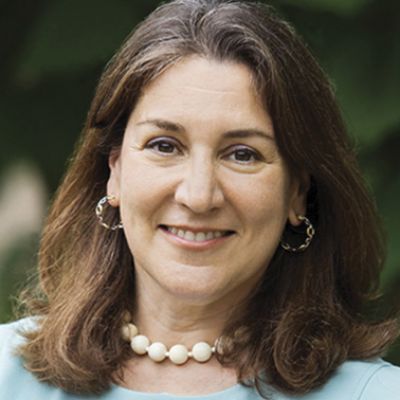
May 1, 2019

November 20, 2019